Briana Warner touts Atlantic Sea Farms’ approach to building food systems and the positive impacts of kelp farming
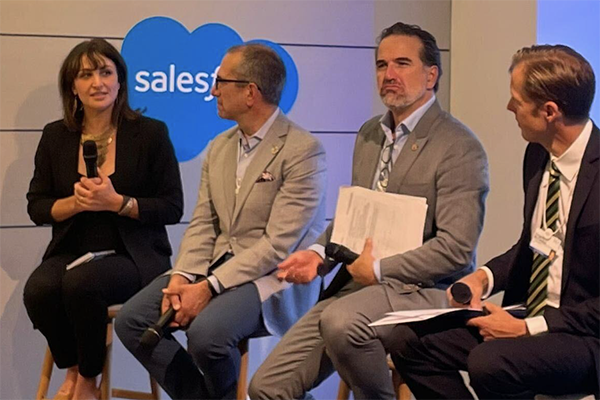
The leader of an innovative kelp-farming business in Maine spoke about the impacts of a resilient blue economy at the World Economic Forum in Davos, Switzerland, last week.
Atlantic Sea Farms (ASF) was one of 20 innovators from around the world invited to speak at the forum’s UpLink Top Innovator program, and CEO Briana Warner talked about how ASF is driving positive change for people and the planet in the face of climate change.
“Davos has long been seen as an annual forum where positive and innovative change can be made but also as a place where the international elite and the world’s largest companies are overrepresented in influencing the global economy in their direction,” Warner said in a news release. “The opportunity to champion a different approach to building food systems in the face of climate change, by putting people and planet first, and by showing how business can be used as a force for good rather than focused purely on profit, was one that I was glad I was able to take.”
Warner was invited to speak as part of a panel on the blue economy with Ecuador’s Minister of Environment, Gustavo Manrique, and The Coca-Cola Company’s VP of Global Policy and Sustainability Michale Goltzman.
Atlantic Sea Farms is using kelp farming as a tool to diversify Maine’s coastal economy for its independent partner farmers, nearly all of them lobstermen who value farming kelp in their offseason from fishing. The model – ASF provides free seeds and guarantees purchase of every blade of kelp grown – has captured the attention of food leaders nationally and internationally.
“We at Atlantic Sea Farms are doing something truly different,” Warner said. “We are working to show the amazing ways that Maine’s coastal communities are determining their own future in the face of a dramatically changing planet. I was proud to represent the work we do.”
During the panel discussion, Warner noted that the current food system is broken and is failing our planet and our children: “But there is hope,” she said, “and every day I get to wake up knowing that while all of these big-budget silver bullet attempts at stopping climate change are floundering, Maine lobstermen are putting their heads down, getting to work, and leading the charge in the U.S. in growing the most climate-friendly food on the planet. They are making the ocean healthier and adapting to climate change, not because of government subsidies or carbon credits, but because it’s the right thing to do for them, for the ocean they have spent generations protecting, and for their children.”
Atlantic Sea Farms currently works with 27 partner farmers, representing eight working Maine harbors, and is on track to harvest more than 1 million pounds of cultivated kelp this year. Its products can be found in grocery stores and restaurants across the country.
Follow the Advocate on Twitter @GSA_Advocate
Now that you've reached the end of the article ...
… please consider supporting GSA’s mission to advance responsible seafood practices through education, advocacy and third-party assurances. The Advocate aims to document the evolution of responsible seafood practices and share the expansive knowledge of our vast network of contributors.
By becoming a Global Seafood Alliance member, you’re ensuring that all of the pre-competitive work we do through member benefits, resources and events can continue. Individual membership costs just $50 a year.
Not a GSA member? Join us.
Author
Tagged With
Related Posts
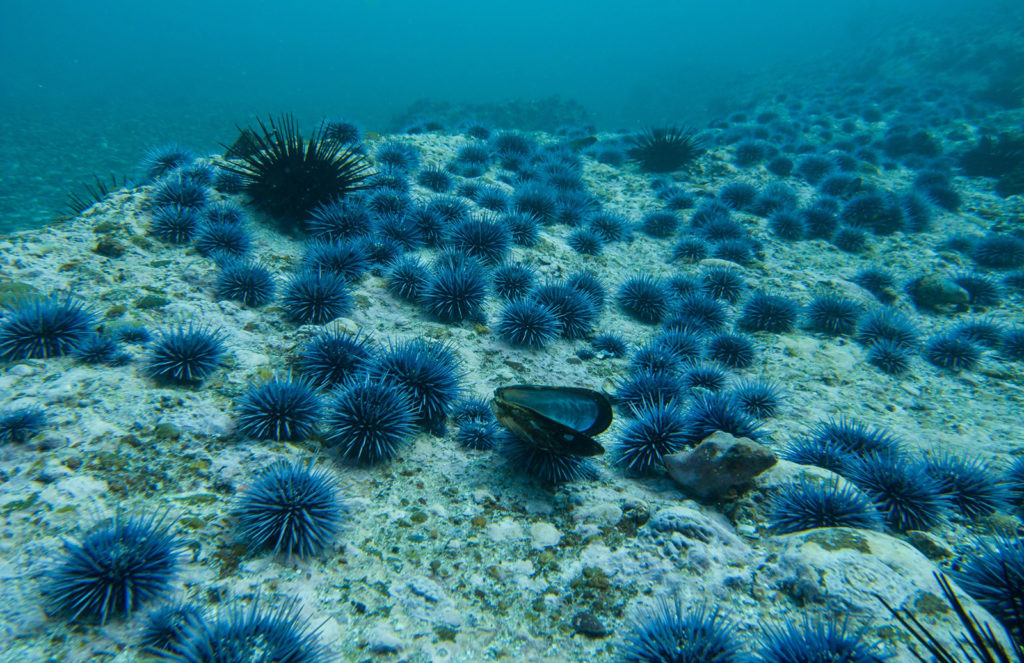
Responsibility
Can ranching ‘zombie urchins’ boost uni, save kelp forests?
With Norwegian knowledge and a partnership with Mitsubishi, Urchinomics aims to turn worthless empty urchins into valuable seafood while restoring kelp forests and creating jobs.
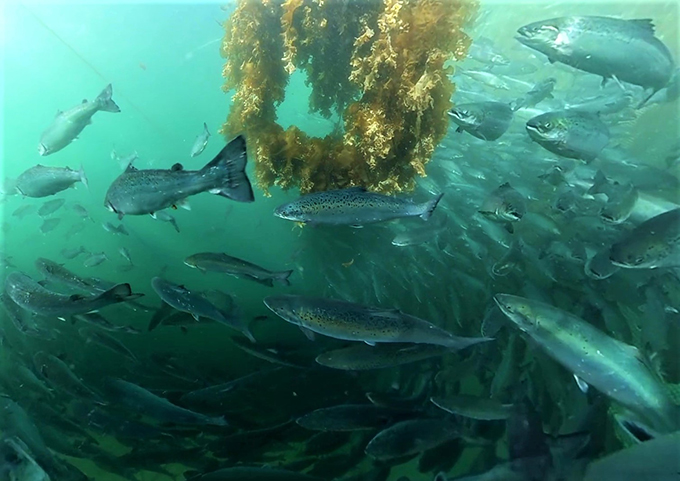
Responsibility
Could cultivating kelp forests in salmon pens help ‘future-proof’ the sector?
KelpRing has received funding to explore the possible benefits of installing kelp forests within salmon pens to benefit cleaner fish.
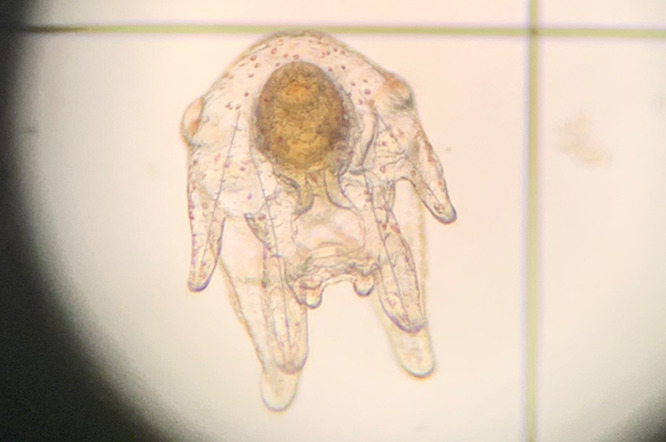
Intelligence
An urchin opportunity awaits in New England
To both restore waterways and meet a growing demand for the so-called “foie gras” of the sea, researchers are stepping up efforts to restore green sea urchins.
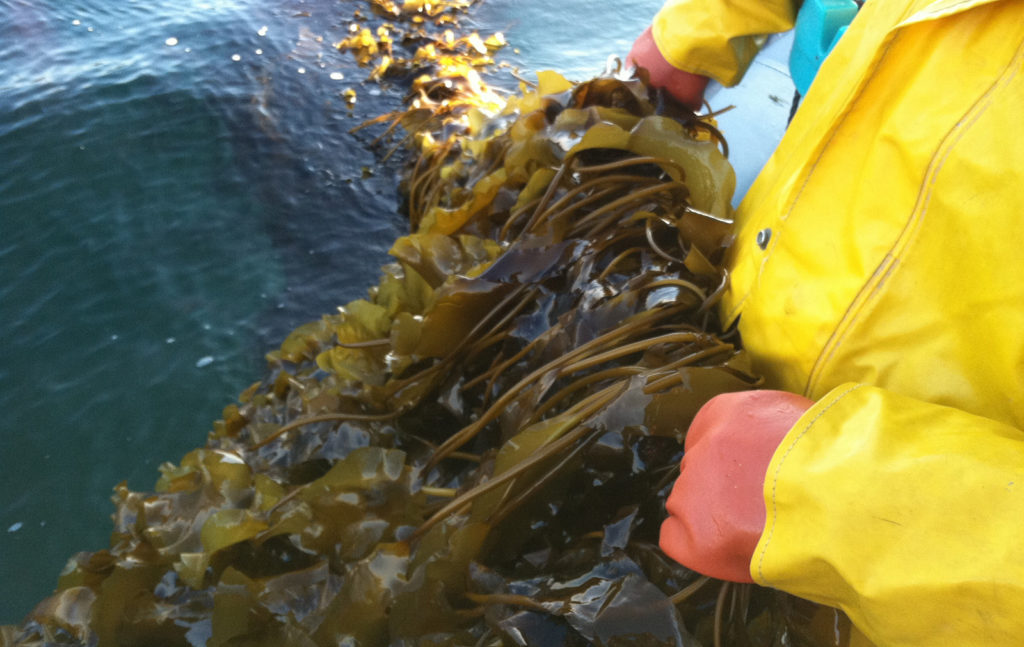
Responsibility
Lean and green, what’s not to love about seaweed?
Grown for hundreds of years, seaweed (sugar kelp, specifically) is the fruit of a nascent U.S. aquaculture industry supplying chefs, home cooks and inspiring fresh and frozen food products.



